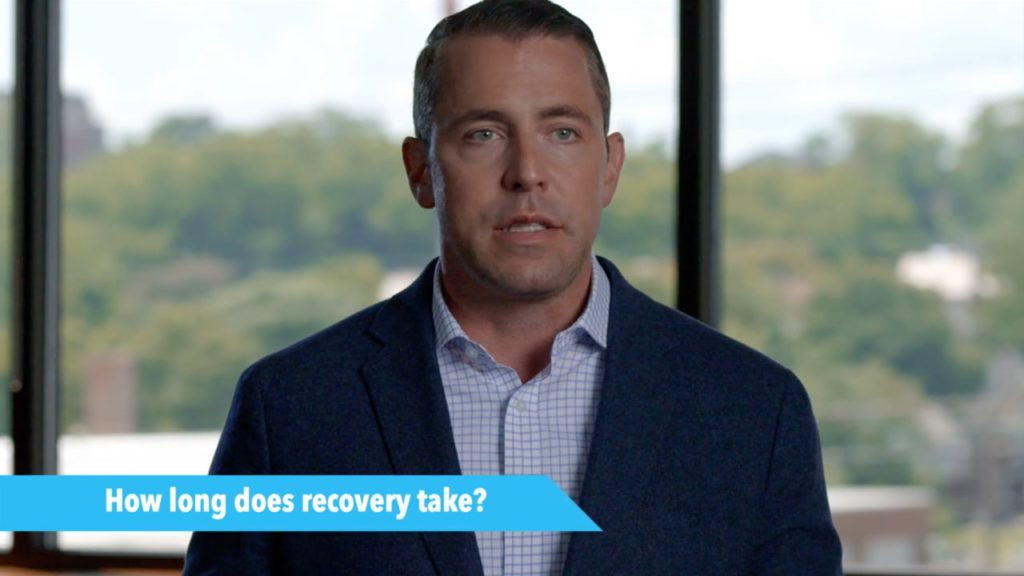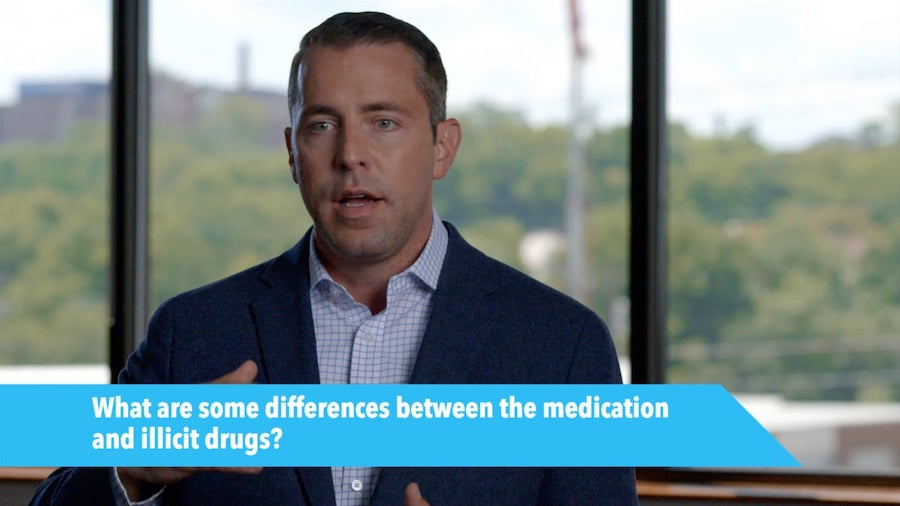UNDERSTANDING STIMULANT ADDICTION AND MISUSE
Stimulants, sometimes called “uppers,” temporarily increase alertness and energy. There are legal amphetamines such as Adderall, caffeine, and nicotine, as well as illegal amphetamines such as cocaine and MDMA. Prescription stimulants come in tablets or capsules and should only be used as intended. These substances have the potential to be abused, and when they are, it can lead to addiction.
If you or a loved one is struggling with stimulant abuse or addiction, BrightView can help. With locations throughout the country, we’re able to provide comprehensive care that meets your unique needs. Through evidence-based care and a focus on your individual journey, we can help you or your loved one find lasting recovery.
Our treatment centers include a number of locations in Ohio and Kentucky, including our:
WHAT ARE AMPHETAMINES?
Amphetamines are potent central nervous system stimulants used in the treatment of attention deficit hyperactivity disorder (ADHD), narcolepsy, and obesity. They include prescription medications like Adderall, Ritalin, Concerta, and Vyvanse. At therapeutic doses, amphetamines may cause emotional and cognitive side effects such as euphoria, change in libido, inability to sleep, and improved cognitive control. They may induce physical effects such as decreased reaction time, fatigue resistance, and increased muscle strength. Larger doses of stimulants may impair cognitive function and induce rapid muscle breakdown. Recovery from amphetamine stimulant abuse is possible with a rehab program that offers medical treatment, individual therapy, group counseling, and case management.
Cocaine
Cocaine is a Schedule II drug, which means that it has a high potential for abuse but is sometimes administered by doctors for legitimate medical purposes, such as local anesthesia for some eye, ear, and throat surgeries. Cocaine comes in various forms with “crack cocaine” being the most addictive. It is a white powder that is usually snorted, but it can also be injected or smoked. Short-term effects of cocaine include constricted blood vessels, dilated pupils, and increased temperature, heart rate, and blood pressure.
Methamphetamine
Methamphetamine, also called meth, is a powerful, highly addictive stimulant that affects the central nervous system. On a chemical level, it is similar to amphetamine, which is used to treat narcolepsy and attention-deficit hyperactivity disorder (ADHD). The long-term effects of methamphetamine may result in substance abuse, extreme weight loss, severe dental degeneration (often called “meth mouth”), intense hypodermal itching, confusion and memory loss, neurological deterioration, and violent outbursts. Although research has been underway for many years, there currently is no government-approved medication to treat addiction to methamphetamine. Our meth addiction treatment center can help you recover from methamphetamine addiction.
Ecstasy/MDMA
Ecstasy/MDMA is a synthetic hallucinogen and stimulant. It causes distortions in perception of time and surroundings as well as memory, mood, and attention by releasing large amounts of serotonin. Because of this rapid increase, the brain is depleted of this important neurotransmitter, causing negative neurological and psychological ramifications. Long-term effects of MDMA can include anxiety, depression, sleep problems, and drug cravings. Treatment for MDMA addiction is typically done through behavioral therapy, as there are no FDA-approved medications to treat this type of addiction.
Our approach to treating stimulant addiction is unique in that we support those in our care in every aspect of their lives. From case management services that connect patients with resources in their communities to help them find housing and employment, to our wide range of medical and behavioral health services, we are with our patients every step of the way on their journey to recovery.


